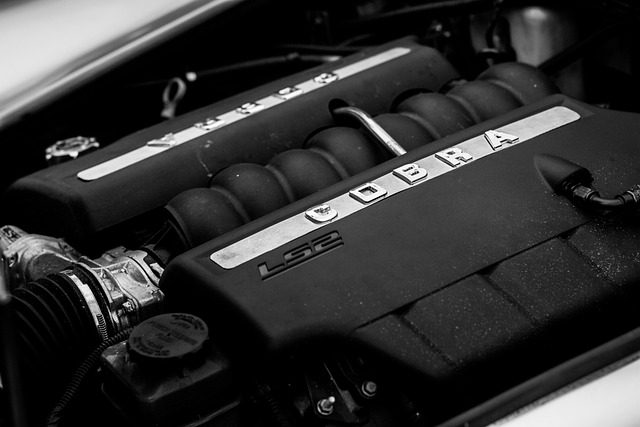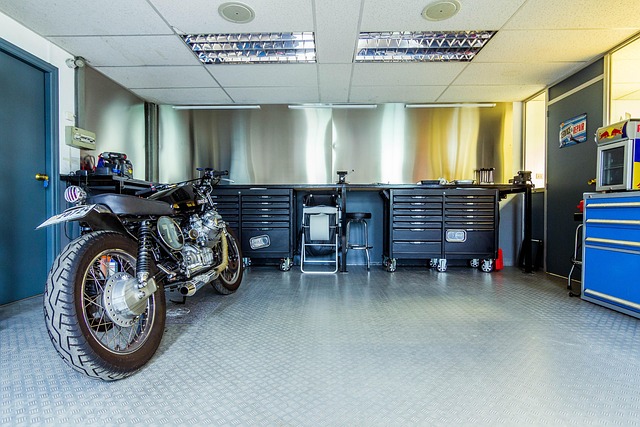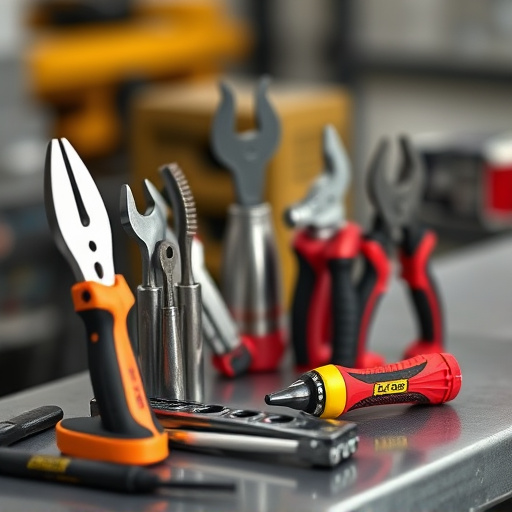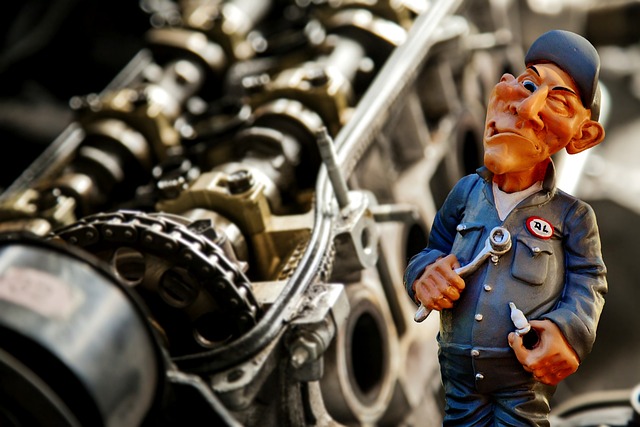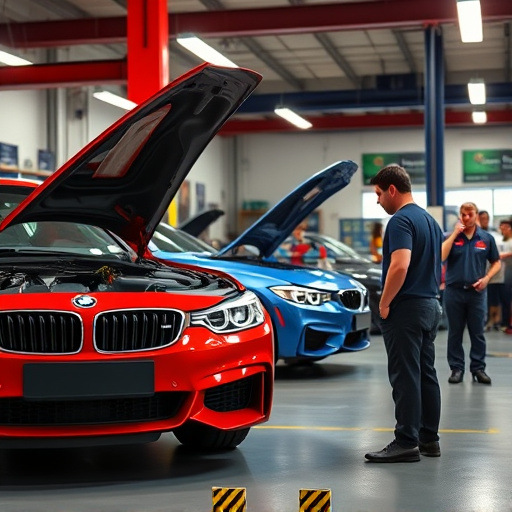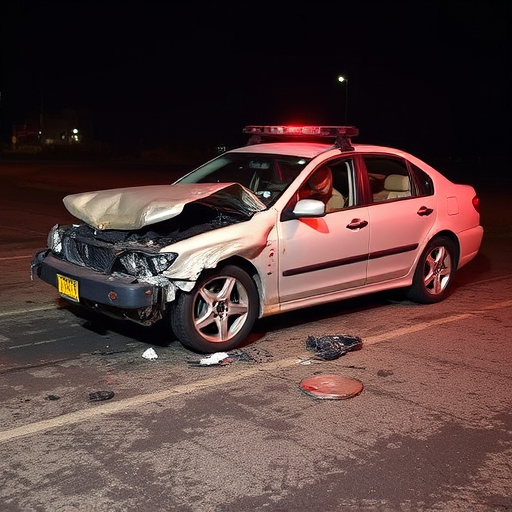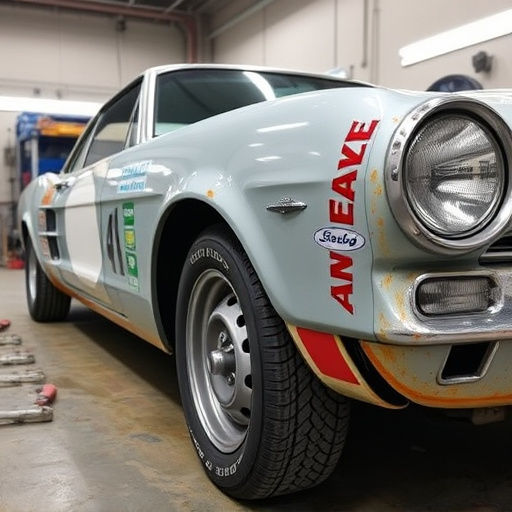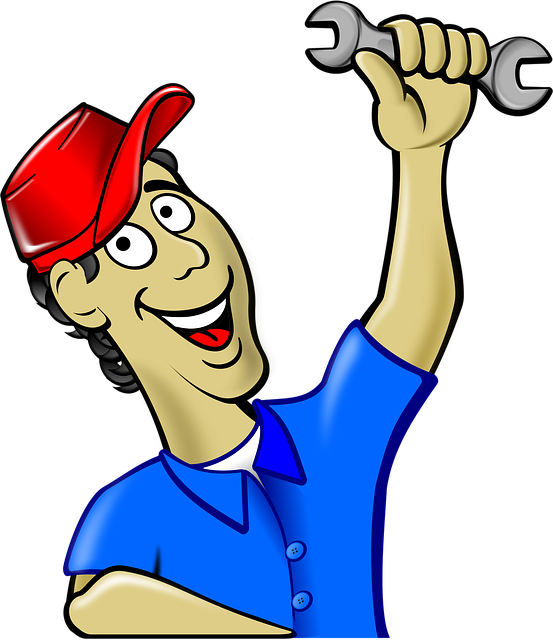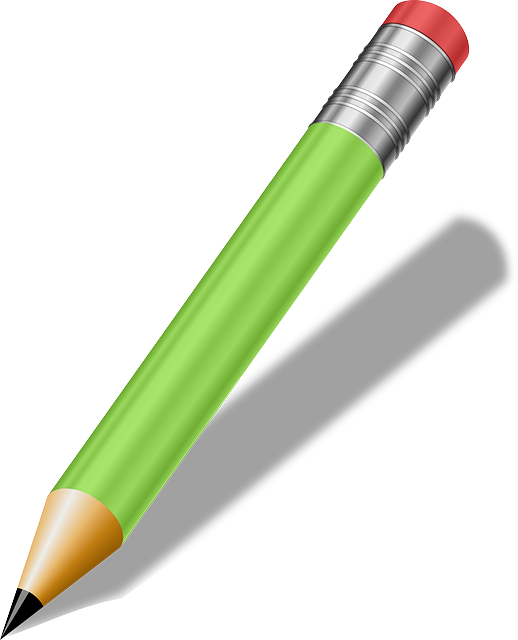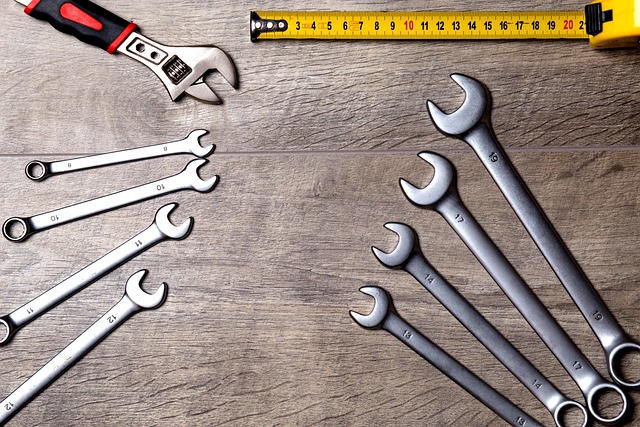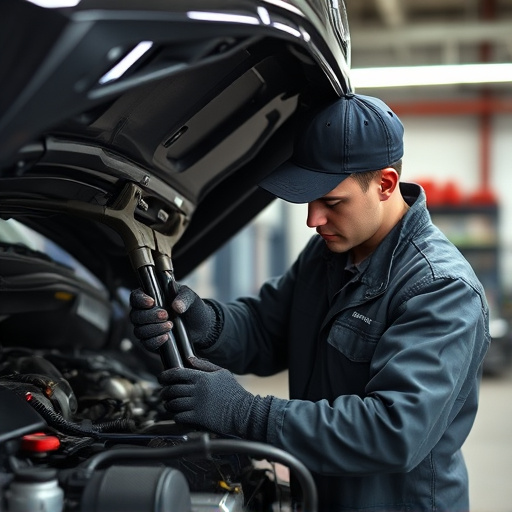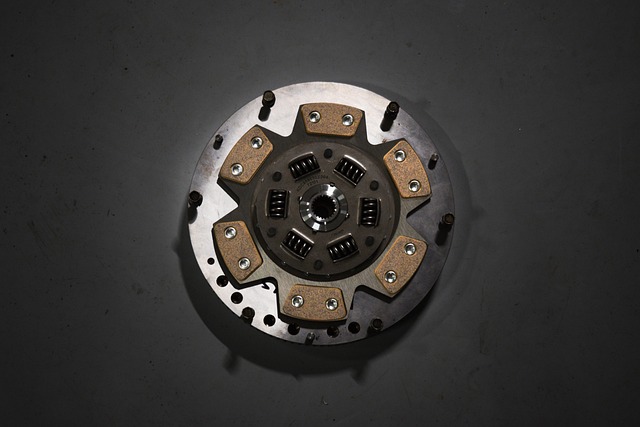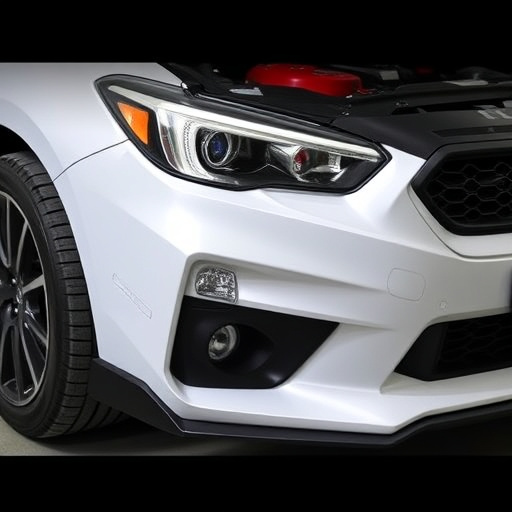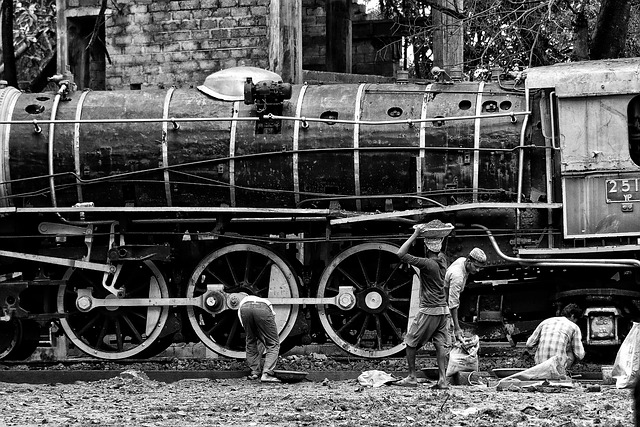Collision repair specialists rely on industry associations like I-Car and regional bodies (e.g., ASA) for guidance in staying current with evolving standards, best practices, and cutting-edge technologies. These organizations provide resources, training, and workshops to enhance skills, ensuring consistent, high-quality repairs that meet modern customer expectations. Active engagement fosters knowledge sharing, network building, and ethical practices, positioning specialists as industry leaders while delivering top-tier collision repair services.
Collision repair specialists play a critical role in ensuring vehicle safety and quality. To stay ahead in this dynamic field, they must constantly update their skills and knowledge. This article explores three key strategies these professionals employ to maintain industry standards: engagement with industry associations, participation in continuous education programs, and close monitoring of government regulations and insurance standards. By leveraging these resources, collision repair specialists ensure they meet the highest standards while adapting to emerging technologies and industry trends.
- Industry Associations and Their Role
- – Overview of key industry associations for collision repair
- – Benefits of membership and participation in professional organizations
Industry Associations and Their Role

Collision repair specialists rely on industry associations to stay at the forefront of evolving standards and best practices. These organizations play a vital role in setting guidelines for car body restoration, ensuring that repairs are performed to the highest possible level. They offer resources, training programs, and workshops focused on the latest technologies and techniques in vehicle dent repair and bodywork.
By joining these associations, collision repair specialists can network with peers, share knowledge, and gain access to exclusive information. This collective effort fosters innovation and consistency across the industry, ultimately benefiting customers by guaranteeing high-quality repairs that meet modern standards.
– Overview of key industry associations for collision repair

Collision repair specialists stay ahead of the curve by actively engaging with key industry associations. These organizations play a vital role in setting and maintaining standards for the auto frame repair and car body shop sectors, ensuring that collision repair services meet the highest levels of quality and safety. Among these associations, the I-Car (Institute for Car Care) stands out globally as a prominent advocate for professional excellence. It offers training programs, certification initiatives, and up-to-date technical information tailored to keep collision repair specialists informed about the latest advancements in car repair services.
Additionally, regional bodies like the Automotive Service Association (ASA) in North America contribute significantly to industry standards by facilitating networking opportunities, providing legal support, and offering resources for business growth. These associations not only promote ethical practices but also foster innovation in auto frame repair and car body shop operations, ensuring that collision repair specialists are equipped with the necessary skills and knowledge to deliver top-notch services to their customers.
– Benefits of membership and participation in professional organizations
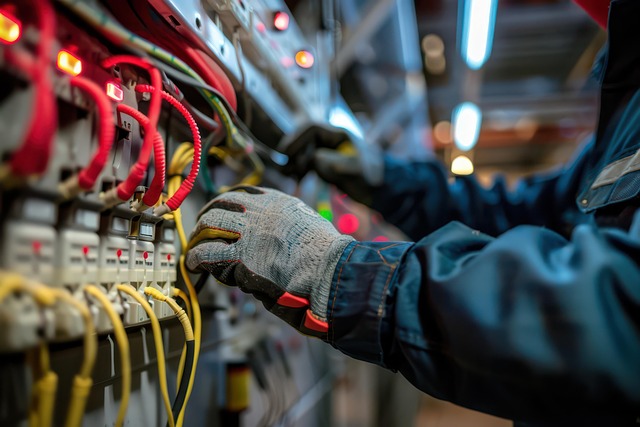
Collision repair specialists benefit immensely from active participation in professional organizations. These groups offer a wealth of knowledge and resources tailored specifically to their industry. By joining, specialists gain access to ongoing education through workshops, seminars, and online courses that keep them updated on the latest auto frame repair techniques, safety standards, and quality control measures. This continuous learning ensures they stay ahead in their field, providing efficient and effective car damage repair solutions.
Furthermore, membership in these organizations fosters a network of peers who share best practices and innovations in auto collision repair. Collaboration and knowledge exchange enable specialists to implement the most up-to-date technologies and methodologies, enhancing their skills and service quality. This collective effort contributes to the overall advancement of the profession, benefiting both specialists and the wider automotive industry as they strive to deliver top-notch collision repair services.
Collision repair specialists must continually adapt to evolving industry standards. Active involvement in relevant industry associations offers a crucial pathway for staying informed, accessing valuable resources, and networking with peers. By leveraging these organizations’ expertise, training programs, and advocacy efforts, specialists can ensure they remain at the forefront of best practices, ultimately providing high-quality repairs that meet customer expectations.
